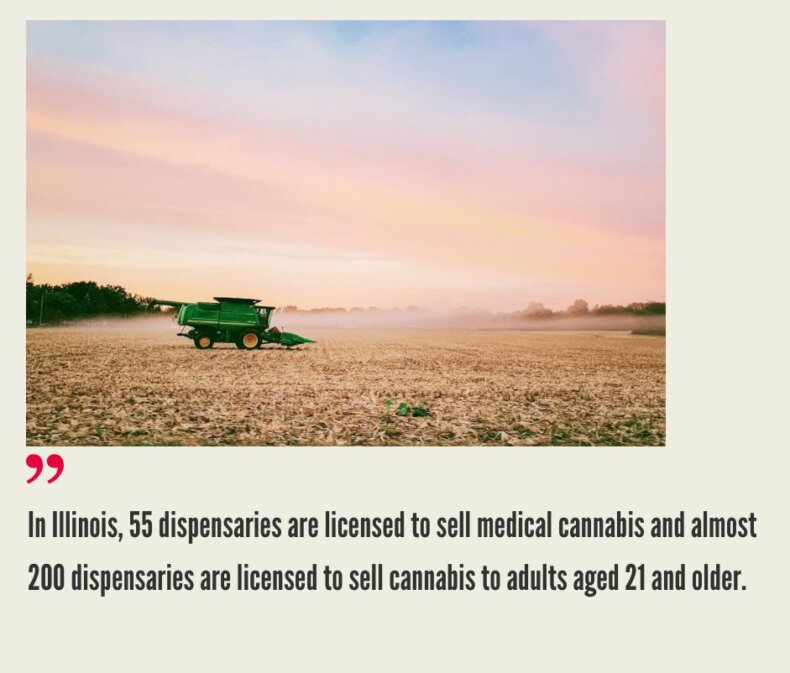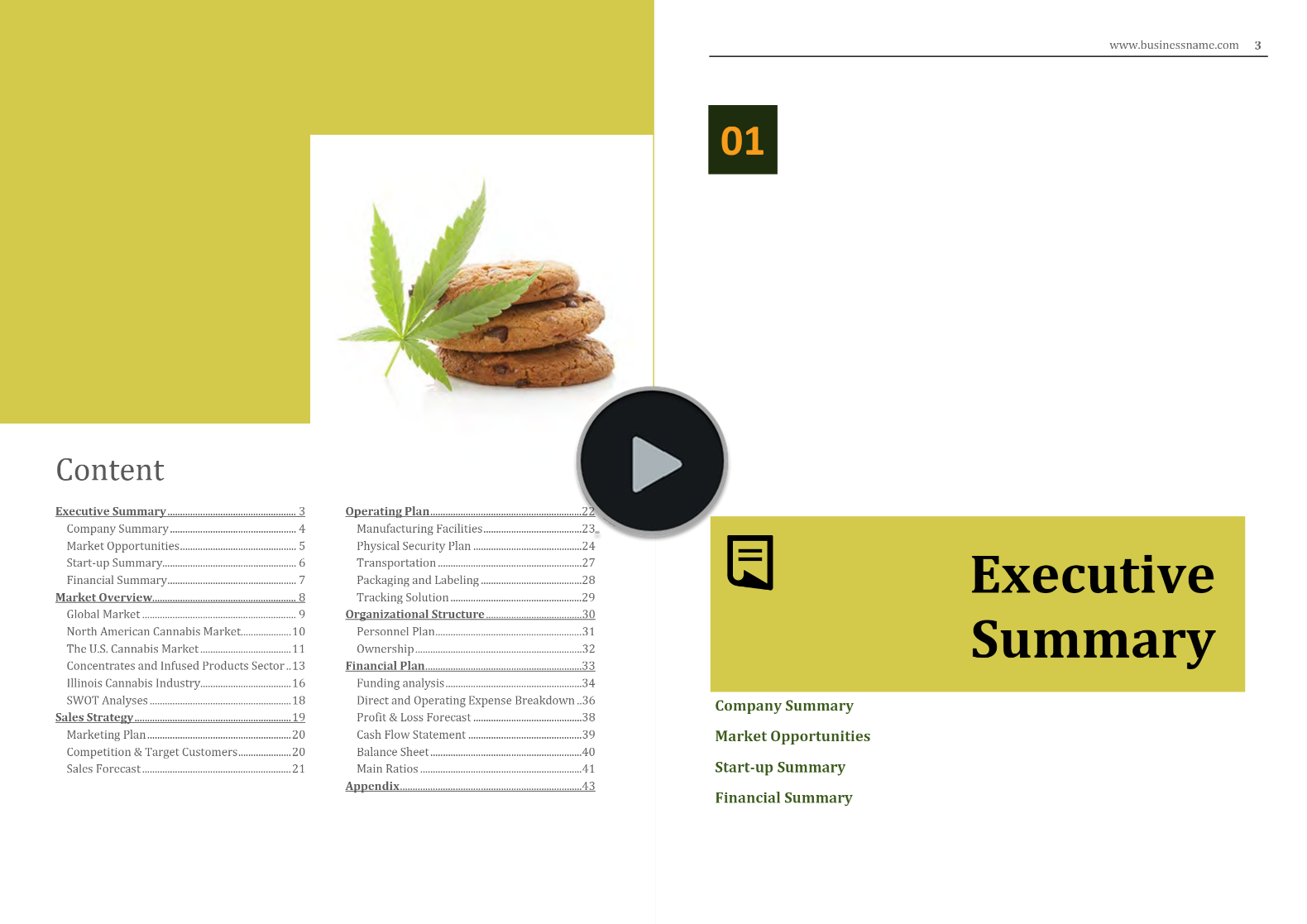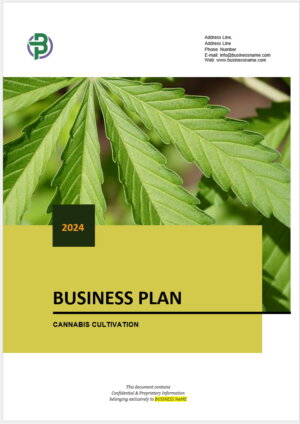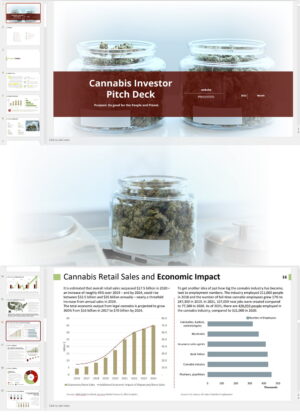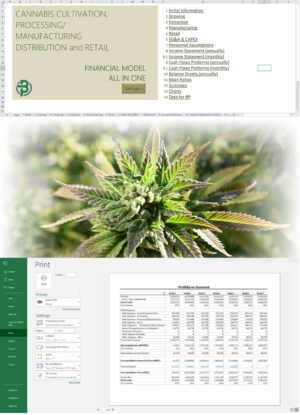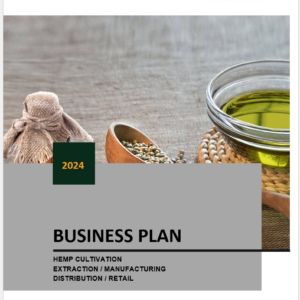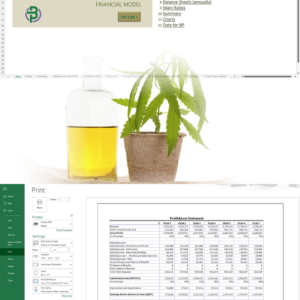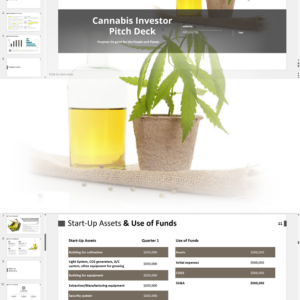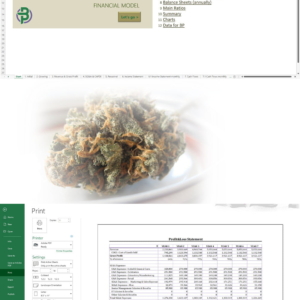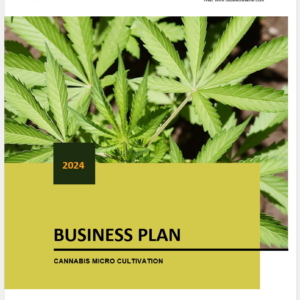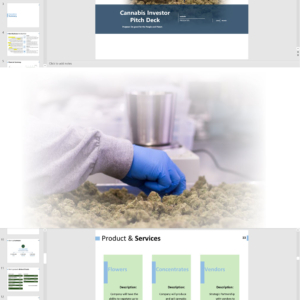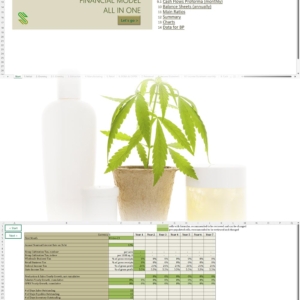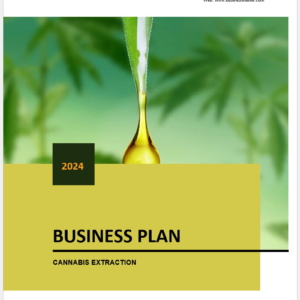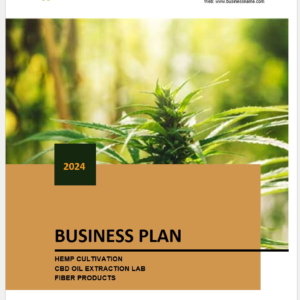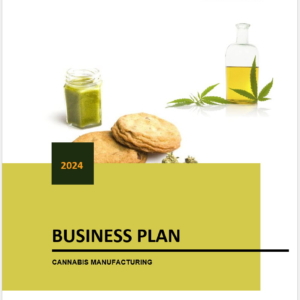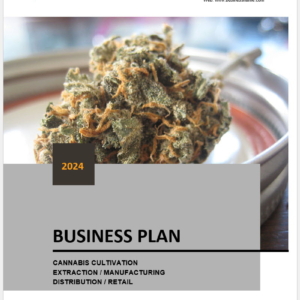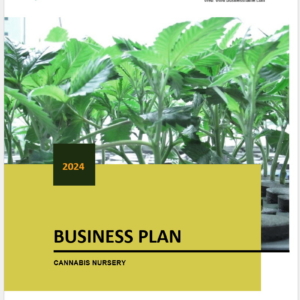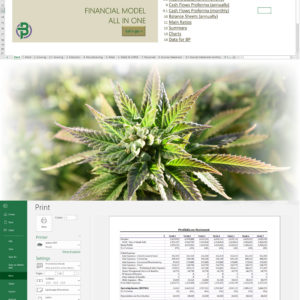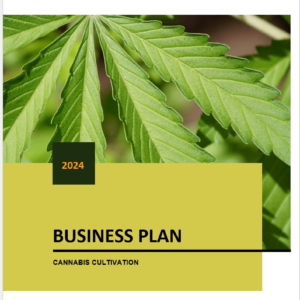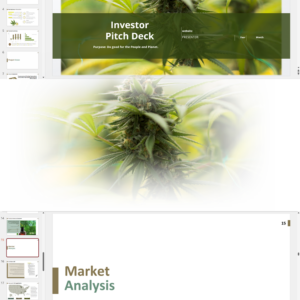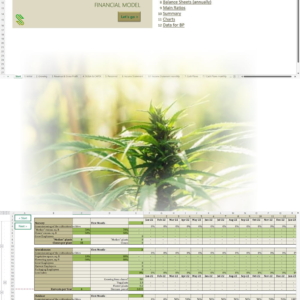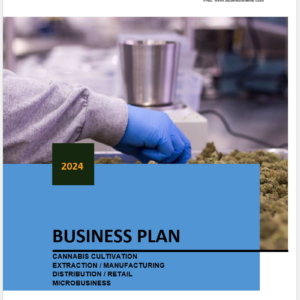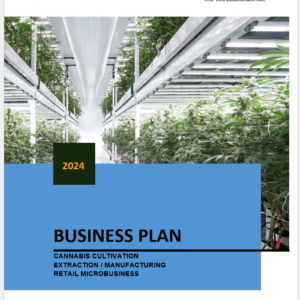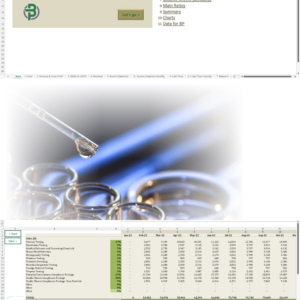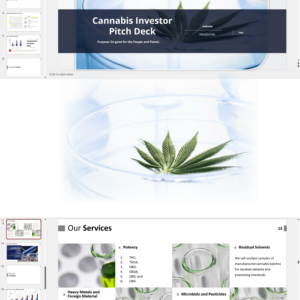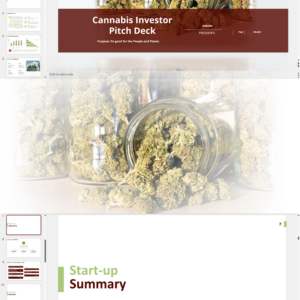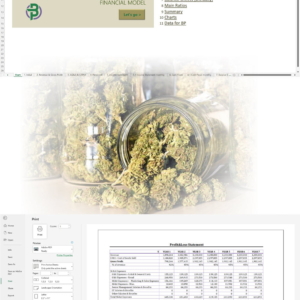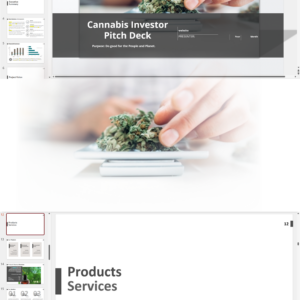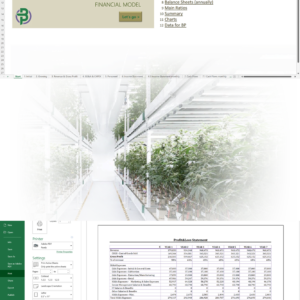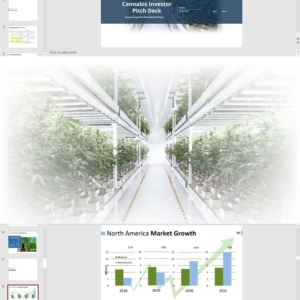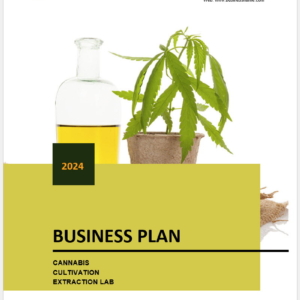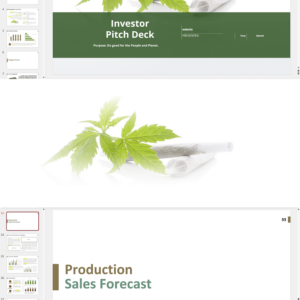In 2013, the Compassionate Use of Illinois Medical Cannabis Pilot Program Act was signed into law to legalize medical cannabis, and six years later, Illinois became the 11th state to legalize the production and sale of adult-use cannabis. Total sales of cannabis in Illinois reached almost $2 billion in 2023, including $1.6 billion of adult-use cannabis.
The Illinois Department of Financial and Professional Regulation is charged under the act with implementing and administrating multiple aspects of the program, including the licensing and oversight of dispensing organizations, dispensary agents, and agent education providers.
The Department of Agriculture is charged under the act with licensing and regulating adult use cultivation centers, cannabis craft growers, cannabis infusers, cannabis transporters, and Community College Vocational Cannabis Pilot Programs.
Illinois Cannabis Business Licenses Types
Means a facility operated by an organization or business that is licensed by the Department of Agriculture to cultivate, process, transport, and perform other necessary activities to provide cannabis and cannabis-infused products to cannabis business establishments.
(application fees: $100,000 (adult-use), $25,000 (medicinal); license fees: $100,000 (adult-use), $200,000 (medicinal))
Means a facility operated by an organization or business that is licensed by the Department of Financial and Professional Regulation to acquire cannabis from a cultivation center, craft grower, processing organization, or another dispensary for the purpose of selling or dispensing cannabis, cannabis-infused products, cannabis seeds, paraphernalia, or related supplies to purchasers or to qualified registered medical cannabis patients and caregivers.
(application fees $30,000; license fees $60,000)
Means a facility operated by an organization or business that is licensed by the Department of Agriculture to cultivate, dry, cure, and package cannabis and perform other necessary activities to make cannabis available for sale at a dispensing organization or use at a processing organization. A craft grower may contain up to 5,000 square feet of canopy space on its premises for plants in the flowering state.
(application fees $5,000; license fees $40,000)
Means a facility operated by an organization or business that is licensed by the Department of Agriculture to directly incorporate cannabis or cannabis concentrate into a product formulation to produce a cannabis-infused product.
(application fees $5,000; license fees $5,000)
Means a facility operated by an organization or business that is licensed by the Department of Agriculture to either extract constituent chemicals or compounds to produce cannabis concentrate or incorporate cannabis or cannabis concentrate into a product formulation to produce a cannabis product.
Means an organization or business that is licensed by the Department of Agriculture to transport cannabis or cannabis-infused product on behalf of a cannabis business establishment or a community college licensed under the Community College Cannabis Vocational Training Pilot Program.
(application fees $5,000; license fees $10,000)
Means an entity registered by the Department of Agriculture to test cannabis for potency and contaminants.
Means a person who is 21 years of age or older, licensed by the Department of Agriculture, and is employed or contracted by an Illinois community college to provide student instruction using cannabis plants at an Illinois Community College.
(application fees $100; license fees $100)
Weed Delivery Service in Illinois
In December 2022, the governor of Illinois said he is open to the idea of allowing cannabis home delivery in Illinois, however medical or recreational cannabis delivery is currently prohibited in Illinois.
Illinois Cannabis Licensing Process
Before you apply:
- Decide what kind of business you want to establish.
- Determine your potential location and look into the municipal regulations regarding cannabis business where you intend to establish your business.
- Check off all the requirements and documents on the Cannabis Regulation and Tax Act.
- Read through the Application Guides on the official websites of both departments.
- Develop a cannabis business plan to estimate the start-up expenses and potential profitability. The business and financial plan for annual license applications shall include a full business plan, including at a minimum a description of the proposed business, the value proposition for consumers, an overview of proposed financing for the business, product and pricing plan, market analysis, and a complete profile of the management of the license applicant.
An applicant shall pay the required fees and provide information in a form and manner as prescribed by the Department of Agriculture, which may include, but is not limited to the following:
1) The legal name and the proposed physical address.
2) The name, address, social security number, and date of birth of each principal officer and board member; each principal officer and board member shall be at least 21 years of age.
3) Proposed operating procedures that include procedures for main activities as well as accurate recordkeeping, staffing plan, and security plan approved by the Illinois State Police that are in accordance with the rules issued by the Department of Agriculture. A physical inventory shall be performed of all cannabis and cannabis products on a weekly basis.
4) A copy of the current local zoning ordinance or permit and verification that the proposed facilities is in compliance with the local zoning rules and distance limitations established by the local jurisdiction.
5) Proposed employment practices, in which the applicant must demonstrate a plan of action to inform, hire, and educate minorities, women, veterans, and persons with disabilities, engage in fair labor practices, and provide worker protections.
6) A description and a survey of the enclosed, locked facility where cannabis will be grown, harvested, manufactured, processed, packaged, prepared for distribution to a dispensing organization, stored or sold.
7) The identity of every person having a financial or voting interest of 5% or greater in the business operation with respect to which the license is sought, whether a trust, corporation, partnership, limited liability company, or sole proprietorship, including the name and address of each person.
8) A plan describing how the business will address each of the following:
- energy needs, including estimates of monthly;
- water needs, including estimated water draw;
- waste management, including if it has or will adopt a waste reduction policy;
- recycling plan.
9) A diversity plan that includes a narrative of not more than 2,500 words that establishes a goal of diversity in ownership, management, employment, and contracting to ensure that diverse participants and groups are afforded equality of opportunity.
Applicants shall be awarded points based on the following categories:
(1) Suitability of the proposed facility.
(2) Suitability of employee training plan.
(3) Security and recordkeeping.
(4) Cultivation / Infusing plan;
(5) Product safety and labeling plan;
(6) Business plan, Financials;
(7) The applicant’s status as a Social Equity.
(8) Labor and employment practices.
(9) Environmental plan.
(10) The applicant is 51% or more owned and controlled by an individual or individuals who have been an Illinois resident for the past 5 years.
(11) The applicant is 51% or more controlled and owned by an individual or individuals who meet the qualifications of a veteran as defined by Section 45-57 of the Illinois Procurement Code.
(12) A diversity plan that includes a narrative of not more than 2,500 words that establishes a goal of diversity in ownership, management, employment, and contracting to ensure that diverse participants and groups are afforded equality of opportunity.
(13) Any other criteria the Department of Agriculture may set by rule for points.
Illinois Cannabis Taxes
- 7% – of the gross receipts from the sale of cannabis by a cultivator, craft grower, or processor to a dispensing organization
- 10% excise tax – cannabis flower or products with less than 35% THC.
- 20% excise tax – products infused with cannabis.
- 25% excise tax – products with a THC concentration higher than 35%.
In 2022, Illinois passed legislation that exempt businesses from Section 280E of the federal tax code that allows cannabis companies to deduct business expenses from their state income taxes.
Cannabis Edibles Business Plan Sample, Illinois
'70% ready to go' business plan templates
Our cannabis financial models and cannabis business plan templates will help you estimate how much it costs to start and operate your own cannabis business, to build all revenue and cost line-items monthly over a flexible seven year period, and then summarize the monthly results into quarters and years for an easy view into the various time periods. We also offer investor pitch deck templates.
Best Selling Templates
Hemp CBD business plan templates are available at hempcbdbusinessplans.com.
